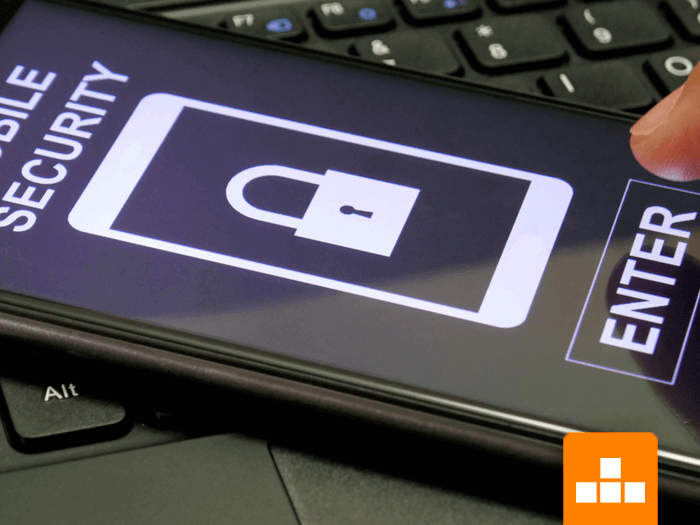New Whatsapp scams that steal our identity
It is well known that WhatsApp scams are becoming increasingly frequent and sophisticated, using more and more detailed ideas to deceive victims in order to impersonate them, steal their identity, steal data, or obtain money.

Account stealing
The National Cybersecurity Institute (INCIBE) has recently warned about another type of WhatsApp scam: account stealing by impersonating technical support. In this case, the user receives a message that appears to come from WhatsApp technical support, requesting a verification code under the pretext of improving account security. If we fall into the trap and provide the code, the criminals will be able to take control of our account and use it to continue scamming other people on our contact list. Due to the great popularity of WhatsApp in our country, this type of fraud is growing, which is why it is so important to have two-step verification activated.
Recommendations to prevent fraud
Although they may be obvious measures for many of us, these recommendations can be very useful for people with less experience or knowledge in digital security, so we consider it very important to remember and share them.
Mistrust unexpected messages
If someone asks you for money or personal information in an unusual and sudden way, always try to communicate directly with the person through another channel to confirm the situation before doing anything.
Enable two-step verification
This feature adds an extra layer of security to your apps by requiring an additional PIN to verify account access on a new device.
Do not share verification codes
Never share a verification code. No company will ask you for your verification code through their technical support.
Stay updated
Cybersecurity agencies, such as INCIBE, post information about the latest threats and scams. Staying on top of warnings can help to detect scam attempts before they happen.
Mistrust unexpected messages
If someone asks you for money or personal information in an unusual and sudden way, always try to communicate directly with the person through another channel to confirm the situation before doing anything.
Enable two-step verification
This feature adds an extra layer of security to your apps by requiring an additional PIN to verify account access on a new device.
Do not share verification codes
Never share a verification code. No company will ask you for your verification code through their technical support.
Stay updated
Cybersecurity agencies, such as INCIBE, post information about the latest threats and scams. Staying on top of warnings can help to detect scam attempts before they happen.
To stay one step ahead of scams, we recommend you also read our article AI, deepfakes and scams | TYM and consider using Telegram, an alternative to WhatsApp that we consider more reliable, transparent and secure.
